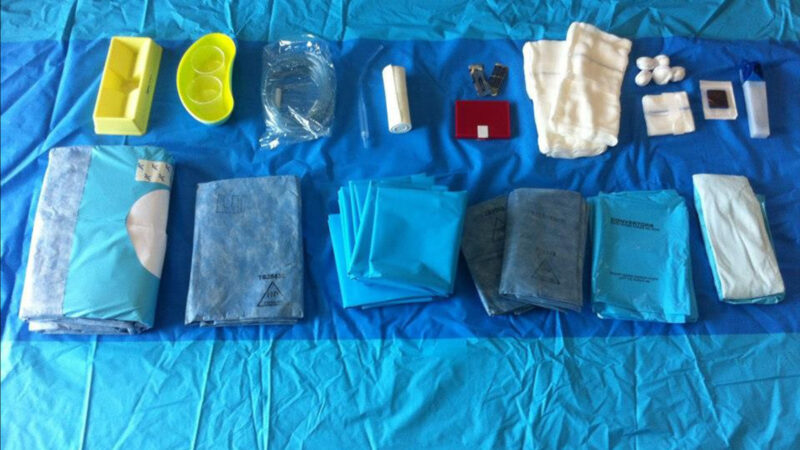5 YEARS IN THE MAKING, TARGETED NATIONAL LUNG CANCER SCREENING PROGRAM COMMENCES IN 2025 Lung Foundation Australia CEO talks about opportunity to treat patients presenting at early stage instead of late stage
Australian Health Journal SEGMENT
Filmed in Adelaide | February 2025
INTERVIEWED
Mark Brooke, Chief Executive Officer
Lung Foundation Australia
In February 2025, Australian Health Journal spoke with Mark Brooke, Chief Executive Officer of Lung Foundation Australia, at the 10th Australian Lung Cancer Conference in Adelaide, on the upcoming commencement of the National Lung Cancer Screening Program (NLCSP)
The conference theme, Evolution and Revolution in Lung Cancer, was chosen in recognition of the historic significance of 2025. Mr Brooke emphasised the importance of the National Lung Cancer Screening Program, which is set to begin on July 1st.
The Australian Government’s $267 million investment in the National Lung Cancer Screening Program aims to vastly improve lung cancer detection, treatment, and survivorship. When launched it will be Australia’s first new screening program in over 20 years.
Following a request from the Australian Government, Cancer Australia undertook an enquiry into lung cancer screening, publishing a report that informed the development of the NLCSP.
As the health peak advisory body to the Department of Health and Aged Care, the Lung Foundation aims to amplify the lived experiences of patients within this program. After nearly five years of preparation, the initiative is a crucial step in moving lung cancer diagnoses from late stages (three and four) to early stages (one and two), significantly improving patient care.
Mr Brooke expressed optimism that the timing for this screening program is ideal for Australia, given that lung cancer is the nation’s leading cancer killer. The program’s implementation is particularly challenging because it integrates with General Practice, requiring collaboration from healthcare professionals. While acknowledging potential hurdles, Mr Brooke is confident that the organisation and preparation for the program are well on track.
The program specifically addresses the needs of priority populations, including Aboriginal and Torres Strait Islander communities, who are disproportionately affected by lung cancer. Efforts have been made to provide culturally safe experiences and mobile CT services through partnerships with organisations like Heart of Australia, ensuring access for rural and remote populations.
Over the past five years, the Lung Foundation has collaborated with state governments to support the role of specialist lung cancer nurses. This initiative has proven to enhance timely care and improve patient pathways, ultimately striving for better outcomes in lung cancer treatment.
You Might also like
-
Nurse recognised for reducing hospital waste
A nurse who started a charity from a granny flat in her parent’s backyard to reduce hospital waste has taken out one of the Australian nursing profession’s most prestigious honours.
-
More health care volunteers needed for Street Side Medics
Identifying a gap in the healthcare of vulnerable people in New South Wales, Dr Daniel Nour founded Street Side Medics in August 2020, a not-for-profit, GP-led mobile medical service for people experiencing homelessness.
Dr. Daniel Nour is a cardiology advanced trainee at Royal North Shore Hospital and the founder of Street Side Medics, a mobile medical service dedicated to providing GP-led care to individuals experiencing homelessness. The initiative started from a customised van, which serves as a medical clinic, visiting food services and shelters across New South Wales and recently Victoria. Street Side Medics offers free medical care without requiring documentation, ID, or a Medicare card.
-
Allied Health Leader shares career insights
Mirella Vagnarelli is a distinguished healthcare leader with proven expertise across South Australia and the United Kingdom, where she has successfully led large, multidisciplinary teams. Holding a Master of Business Administration (Health) from Flinders University, she earned Fellowship status with the Australasian College of Health Service Management in 2022. In 2023, Mirella was honoured as a scholarship recipient for the prestigious ‘Women in Leadership’ Program at the Monash Centre for Health Research and Implementation.



